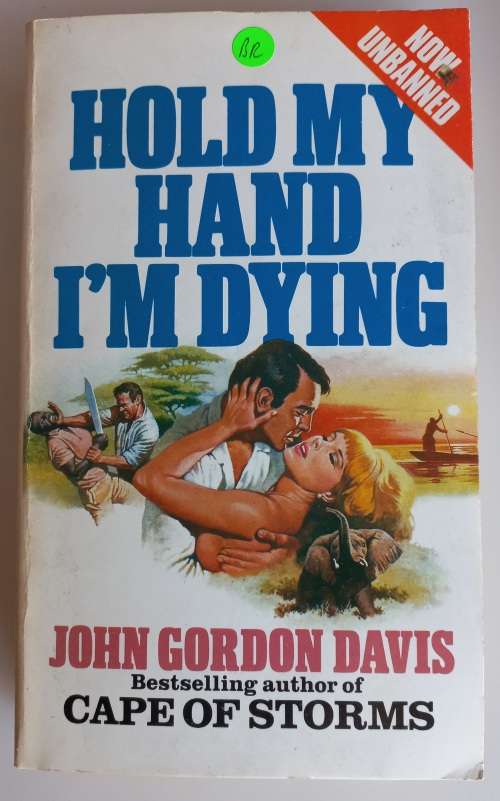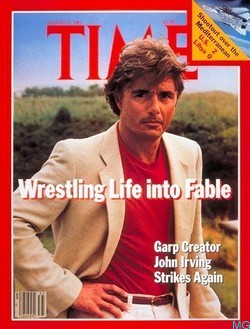
Wallingford's hallucination becomes reality. The ending is all smiles and simple happiness. The only character who is even interesting is a walk-on (make that lie-down) makeup girl who is condescendingly presented as a caricature of every woman ever to come out of Queens.Īs to Wallingford, he is - as portrayed by Irving - shallow, one-dimensional, as superficial as a typical local television newscast. There is not a nice person in the lot, not a person with redeeming humanity. As the story unfolds, events are dominated by the back-biting conniving insiders who seem to constitute the entire television industry but for Wallingford. (The book's title suggests Wallingford's two original hands, his briefly transplanted one, and a fourth that exists in his and ultimately Doris' imaginations.)Īnyway, one-handed again, Patrick returns to New York, becomes the evening news anchor on his all-news channel. The use of the missing hand as a sexual metaphor is strained beyond the breaking point. The book is replete with elbow-jabbing, winking, finger-pointing devices that cross the threshold into cutesy-poo, a technical critical term that I resort to only in extremis. If it is intended as straight stand-up burlesque, it's inhuman.


If it were intended as irony, it is simply sappy.


 0 kommentar(er)
0 kommentar(er)
